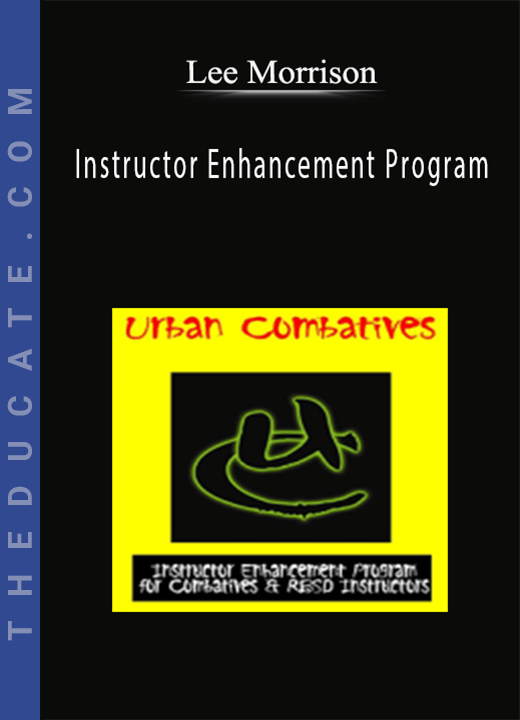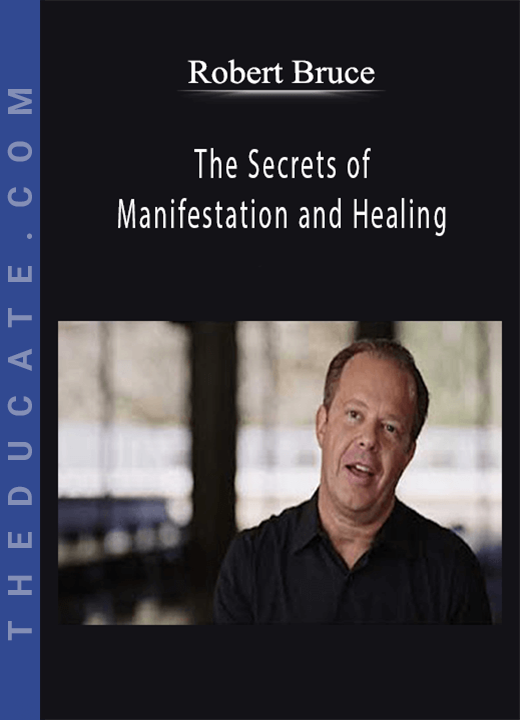Description

Lee Morrison – Instructor Enhancement Program
I formed Urban Combatives after twenty-two years of researching various Asian and Western methods of combat. The testing ground for my research started from the school play yard, progressing all through adolescence where I, like most misguided young males, had my fair share of pub brawls and street fights. It moved on to where I have been for the last twelve years – working as a bouncer within the pub and nightclub environment of door security work. To say that this had been the most effective part of my combat efficiency education so far would be an understatement.
Anyone who has been in a real blood-and-snot, violent confrontation will know what I am talking about. Thirty seconds on the street is worth three years in the dojo any day of the week. Multiply that by a lot and you, too, would have approached similar conclusions to my own and those of better men before me. Those conclusions are the result of a combination of active learning from my own experience, and from those who I have trained with and aspire to, as well as thousands of hours spent travelling, training, reading and studying – sorting the wheat from the chaff. And believe me when I say there is a serious amount of chaff within the martial arts world that is being passed off as effective and workable self-defence.
Here is the first indication that such a system has missed the point – the words ‘self-defence’. The word ‘defence’ in particular indicates that you are in a situation where a physical response is not only required, but is your only option. What about avoidance and escape? This is made possible through awareness of your environment, and an understanding of attack ritual, dialogue and body language, so that you have knowledge of such events before they unfold to a point where a physical option is all that you have. This is why the top people in this field feel that the term ‘Self-Protection’ has a lot more to offer.
For example, you spot a potentially violent and aggressive individual walking behind you, and your street-smart instincts tell you that he has already weighed you up as a his next potential victim, making you then decide to take the action of turning the very next corner and running like a b**tard in order to avoid and escape the experience. Is that not good Self-Protection? Of course it is.
If, however, you have no chance of escape, and this individual is intent on destroying your future quality of life to whatever degree he can, then the only option left is a physical response. In such a case, you must not hesitate to turn said individual into a grease blemish on the pavement.
The bottom line to achieving such a goal is to be first and hit hard. If this creates the opportunity to escape, then do so without hesitation. If not, then you must continuously attack until the threat is terminated – then escape to safety at the first opportunity.
Good personal security and street-smart awareness must be the power base for your ‘stay safe’ game plan. But lurking just below the surface must lie a cultivated mind-set that holds an unwavering conviction – that if you are offered violence, then you are prepared to respond in kind, overwhelmingly.
This is why I am drawn to the methods of Western Combatives. My training is very much influenced by people who have tested their systems under the pressure of reality – be this in ‘live’ situations, dynamic simulation and scenario training, or a combination of both. In short, the people who know that what they have will stand up without hesitation or indecision at the moment of truth.
From the likes of Fairbain and Sykes pressure testing their ‘Defendu’ system in the violent streets of 1920’s Shanghai, to the methods of veteran Coventry doorman Geoff Thompson, who learned what worked for him in some of the worst establishments in the ‘neon environment’ and on the mat of his dojo during hundreds of his legendary Animal Day sessions.
On that note I will end my introduction by asking you to read this offering with an open mind, and take from it what ever you find useful.







6 reviews for Lee Morrison – Instructor Enhancement Program
There are no reviews yet.